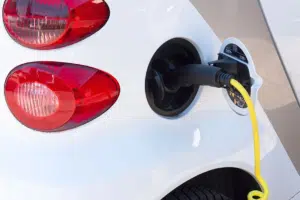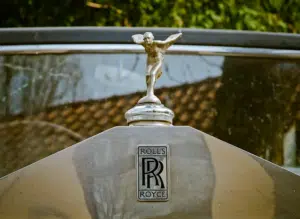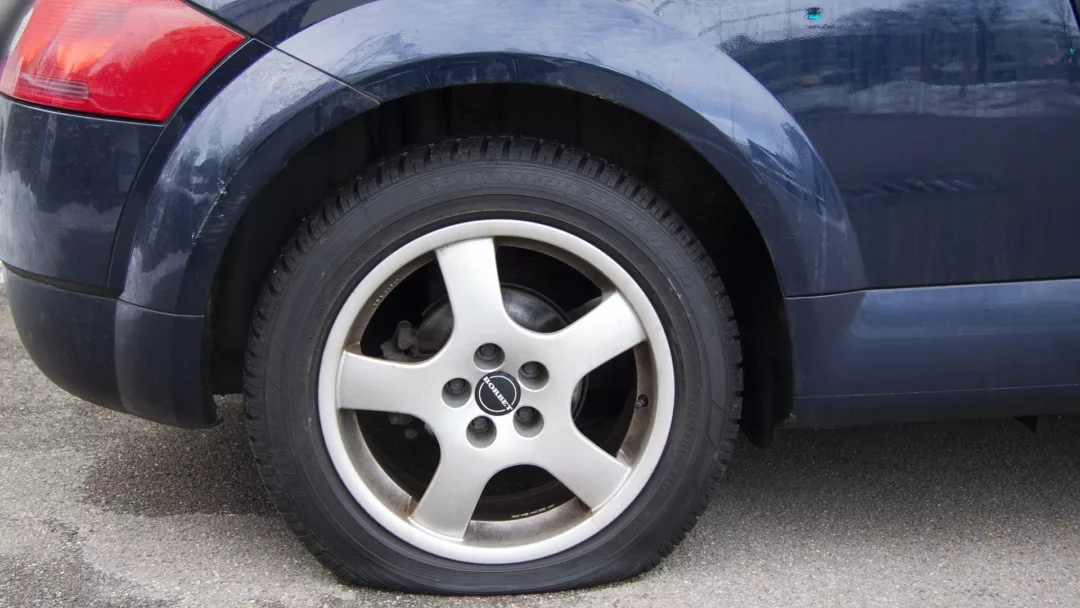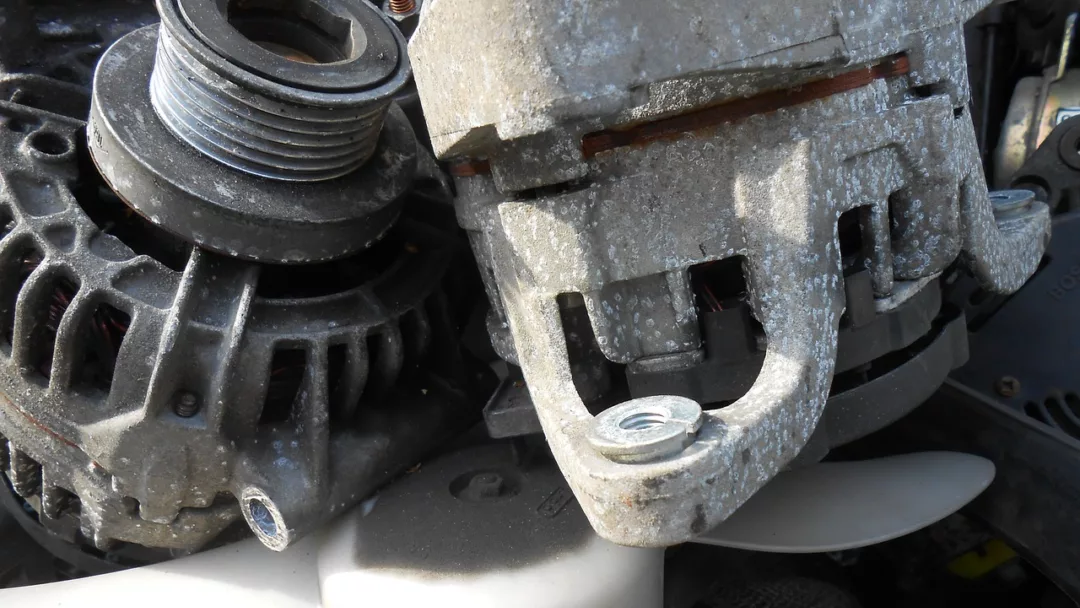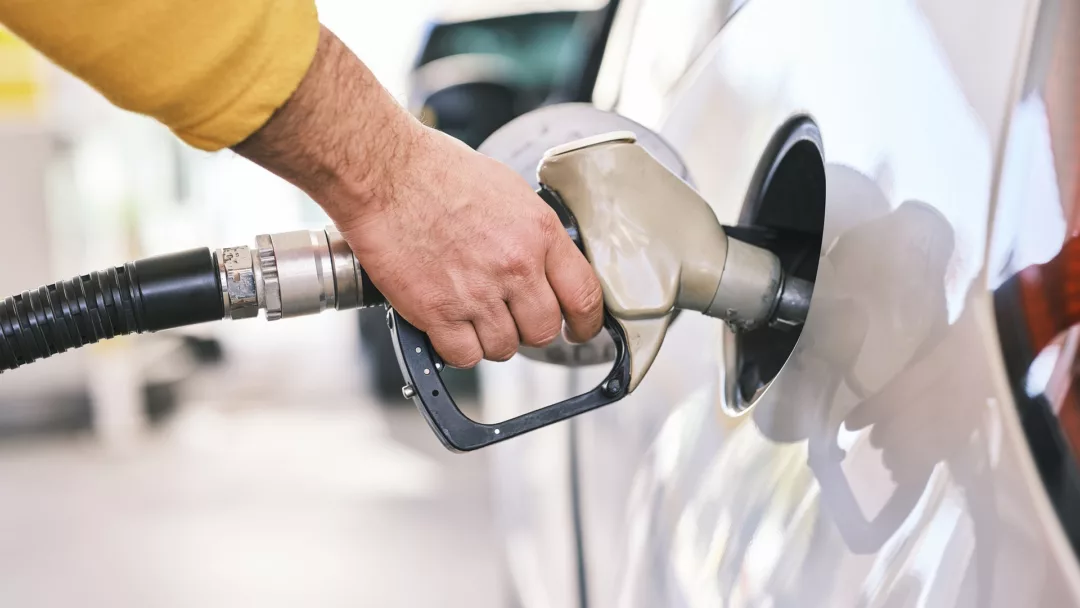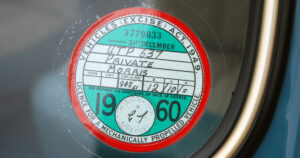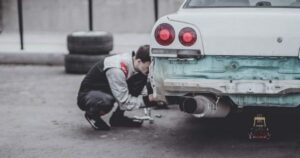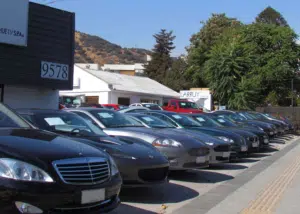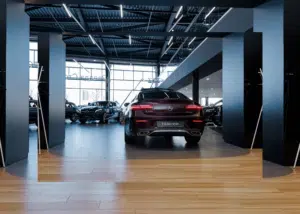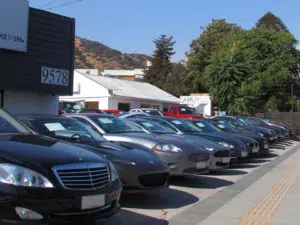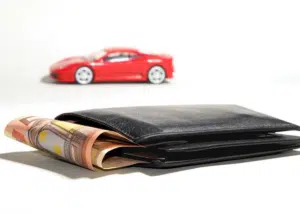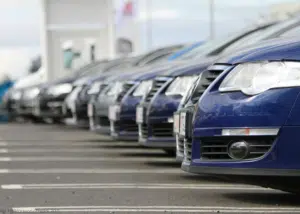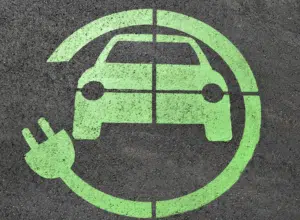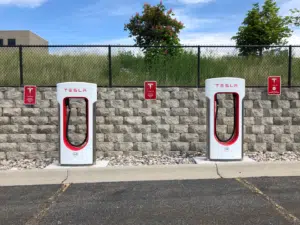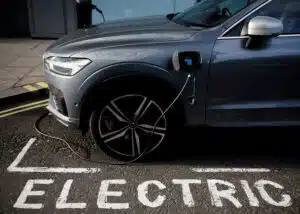Your car has to be one of the most complicated yet reliable devices ever. You don’t need us to tell you that there are so many things that could go wrong with your car, breakdowns being one of them. These are just some of the most common causes of breakdowns and how to avoid them.
A flat or faulty battery
Battery trouble is just one of the most common causes of breakdown issues. Batteries don’t last forever; they will eventually become flat or worn out. Battery faults are most common during the winter months, and if you find yourself with a battery fault, you’ll know about it.
These are just some of the things to look out for:
- Difficulty turning the engine on
- Taking longer than usual to start up
- The engine not turning on at all
- Signs of a battery warning light on your dashboard
Your battery can go flat due to:
- Leaving your car unused
- Faulty component
- Fault with the battery itself
- An issue with the charging system
- Old age
You can keep your car battery going for as long as you can by doing things like regularly driving it or charging the battery overnight every so often.
The best thing that you can do to help look after the battery and avoid a flat battery is don’t forget to switch everything off when you leave your car. These days, most modern cars have a warning sound when you open the door if you leave your lights on, so it shouldn’t be too difficult to remember to turn these off.
A good thing to remember is that most car batteries have a guarantee of 3 to 5 years so you might be able to replace it before it lets you down.
Damaged tyres and wheels
A flat tyre or damage to your wheels is not ideal. A flat tyre is usually caused by a puncture, normally a sharp object or it could be any of the following too:
- Your tyre is just failing and getting damaged
- Your tyre has hit a kerb or pothole
- Old age, due to warning tyre tread
If you have hit a kerb or a deep pothole, this might be something that you want to get checked out.
A flat tyre and a breakdown are usually the result of a puncture, which is why it’s a good idea to check your tyres regularly. There’s not much that you can do if your tyre does come across an unseen pothole or some debris, apart from stopping to check for damage.
“A properly inflated tyre not only extends the life of the tyre but also offers improved safety and fuel economy. Increased rolling resistance leads to unnecessary wear, fuel consumption and preventable CO2 emissions. Tyres need to be checked regularly even if a car has a tyre pressure monitoring system fitted.”
Andreas Giese, Senior Manager Corporate Planning, Falken Tyres
If you’re wondering what you can do to help prevent any tyre issues, you could:
- Make sure they have a tread depth of at least 1.6mm
- Inflated to the right pressure
- Don’t let them under inflate, which may cause them to overheat
If you curb a wheel, check the tyre as soon as you can and check out for any uneven wearing of the tyres as this might mean that your tyres are not aligned properly.
It’s a good idea to check your spare wheel too, making sure that it’s always in great condition just like your others. The same goes for your jack and any locking wheel nuts. It’s always a good idea to have these stored somewhere safe in the event of an emergency
Alternator faults
Are you familiar with your alternator? If you’re having constant problems with your battery and you feel like your engine just isn’t working as it should, you could have a problem with your alternator. Your alternator helps to generate the power for your vehicle’s electrics, and without it, your battery can’t be charged up by the engine. So, as you can tell, it has an important job.
For example, if you find that your ignition warning light comes on, and your engine temperature is rising, this could mean that the alternator and water pump may have an issue. This is serious and should not be overlooked.
We wish that we were able to give you some top tips on how to maintain your alternator, but safely, there isn’t any. If you notice your car’s power isn’t at the level it normally is, maybe you’ve got poor headlights or slow wipers, these are types of things you should look out for, which will tell you that you might have a problem.
Filling up with the wrong fuel
If you put the wrong fuel in your car, you’ll know about it. It happens to thousands of drivers every year, they accidentally put the wrong fuel in, which is an easy mistake to make. The main thing that you can do is to act quickly. The quicker that you act, the better. Whatever you do, don’t start your engine. If you don’t start it, you should just be able to have the fuel pumped out and replaced.
However, if you start your engine or go on to continue to drive it, things can become a little bit complicated. The main thing is getting the fuel pumped out and having the system flushed, but sometimes this doesn’t always do the trick and the damage that has been caused might need some further work.
So long as you try to remember that it’s green for petrol and black for diesel, you can’t go wrong.
Filling up with the wrong fuel is easily avoidable if you follow these simple steps:
- Fill up before any long journey
- Keep an eye on your fuel level and don’t wait until the warning light comes on
- If you have a new car, or you’re borrowing a car, be sure you know what fuel it takes
If you always make sure that you’re filling up sooner rather than later and that you’re doing it with the right pump, you’ll be sorted.
Overheating
Overheating is such a common problem and can be the cause of many breakdowns. For example, overheating can occur if you’re sitting in heavy traffic on a hot summer’s day, which is why it’s so key to keep an eye on your coolant level.
If you do notice that your temperature warning light comes on, this means that there might be a problem with your engine or the cooling system. If you have a modern coolant system, this shouldn’t need topping up between your services, so if you do find that your level of coolant has dropped, it might be a good idea to check for any leakage.
Do you see any steam coming from your engine? If you do, it would be a good time to pull over safely to see what’s going on.
What can you do to help prevent your engine from overheating? You could start by making sure that you regularly check your coolant, and it may also be a good idea to check your car’s cooling fan while you’re there too. If you also keep an eye out for any leaks too, make sure that your coolant is disappearing, you should be ok.




















